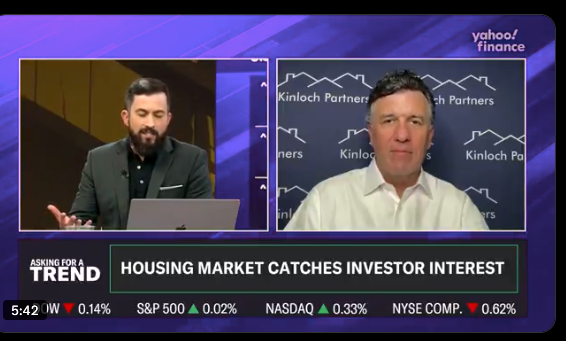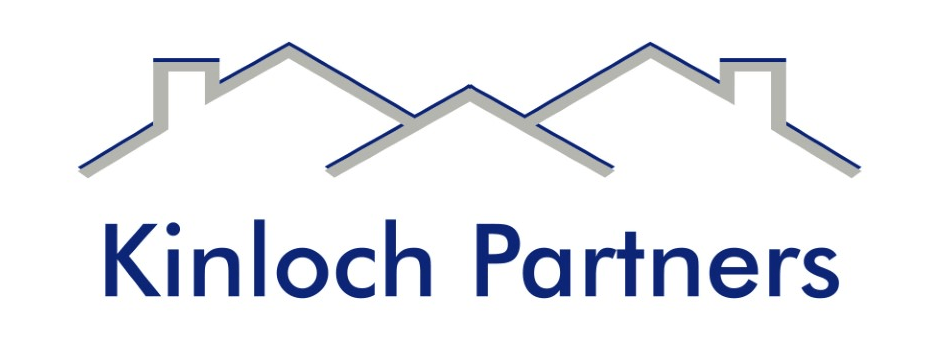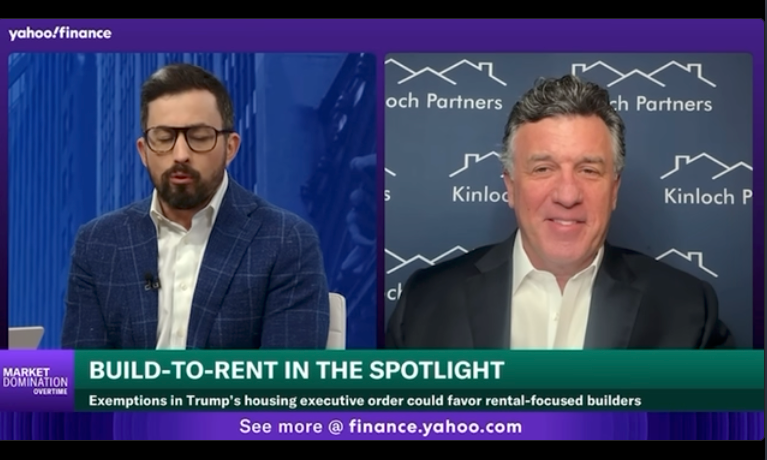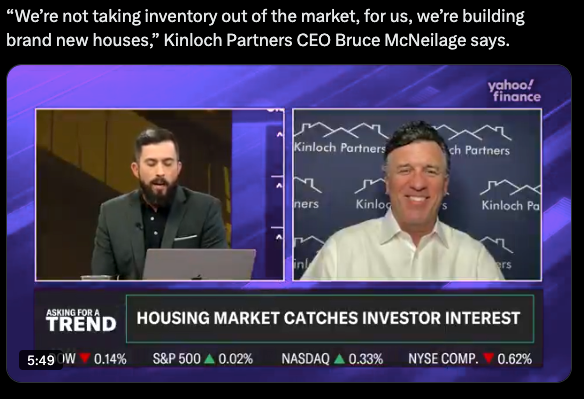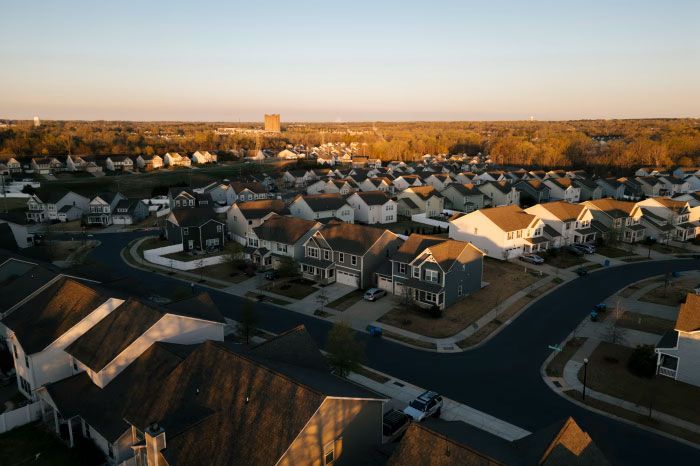Investor pushing for changes in Atlanta bank promoted by Usher, Killer Mike
Original Storry here: https://www.snl.com/web/client?auth=inherit#news/article?id=36625812&KeyProductLinkType=0&cdid=A-36625812-12334
Thursday, 02 June 2016 11:50 AM ET
By Kate Garber
An investor wants to change the way a small Georgia bank is run and plans to share his ideas with the company’s executives.
Bruce McNeilage, the co-founder of Atlanta-based real estate investment firm Kinloch Partners LLC, said he wants to purchase 90,000 shares of Citizens Bancshares Corp. , which he believes to be “undervalued and underperforming,” according to a news release.
“I have several other associates, one that runs a private equity firm and a couple of other associates that are starting to accumulate the stock, too,” McNeilage said in an interview. “Collectively, I think that would put the people that I’m involved with at around 10% of ownership.”
As of June 1, McNeilage said he owned 8,800 shares of the Atlanta bank’s stock. He said he had no other bank investments, but was poised to start buying stock in a bank in Fairfax County, Va.

 McNeilage said that he reached out to a board member at Citizens who owns approximately 30% of the bank’s stock, inquiring about a private sale that would increase McNeilage’s position and allow the board member to dispose of some of his assets in a way that would not push the company’s stock price down significantly. McNeilage did not specify who that board member was, but according to SNL Financial data the estate of Herman J. Russell owns 29.19% of the bank’s outstanding shares. Director H. Jerome Russell Jr. declined to comment and referred questions to President and CEO Cynthia Day, who did not immediately respond to a request for comment. Other requests for comment did not receive a response from the company.
McNeilage said that he reached out to a board member at Citizens who owns approximately 30% of the bank’s stock, inquiring about a private sale that would increase McNeilage’s position and allow the board member to dispose of some of his assets in a way that would not push the company’s stock price down significantly. McNeilage did not specify who that board member was, but according to SNL Financial data the estate of Herman J. Russell owns 29.19% of the bank’s outstanding shares. Director H. Jerome Russell Jr. declined to comment and referred questions to President and CEO Cynthia Day, who did not immediately respond to a request for comment. Other requests for comment did not receive a response from the company.
McNeilage said that executives have not expressed a willingness to talk about the ideas he shared at the bank’s annual meeting on May 23. “Quite frankly, they didn’t want me talking,” he said. “The ideas are free. I’m not asking for anything. I don’t want a board seat.”
He said that the stock is “thinly traded” and pointed out that the company’s 52-week return was in the red. From his perspective, the public bank is “being run like a privately held” one and is content with its performance.
In terms of his “seven-point plan” for the bank, McNeilage shared two ideas. He said that the bank spends “way too much money in advertising,” and proposed that it focus on making “personal introductions” and gathering referrals from “satisfied customers” and board members.
McNeilage highlighted an opportunity that allowed the bank to attract more new business than traditional advertising. During Black History Month, the singer Usher and rapper Killer Mike sent tweets and spoke at a press conference encouraging African-Americans in Atlanta to open accounts at the bank.
“Those two tweets resulted in more deposits collected in one day and more accounts opened up in one day than any month in the bank’s history,” he said. During the first quarter, Citizens Trust Bank ‘s deposits totaled $343.1 million, as compared to $328.9 million at the end of 2015 and $343.3 million in the first quarter of last year.
Another aspect of McNeilage’s plan involves advising the bank to invest more of its Tier 1 capital into bank-owned life insurance to “enhance” its balance sheet and profits.
